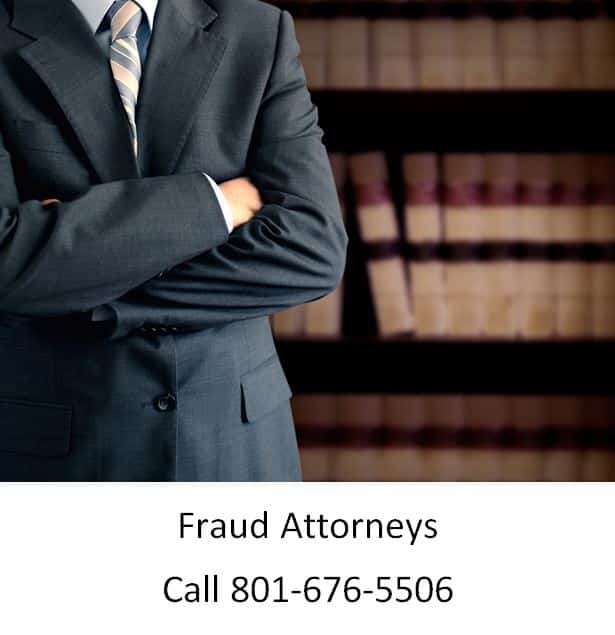If you operate a company or a business you understand that most transactions and agreements are sealed with a contract, even if it’s just a handshake. We always recommend you have a written agreement. At its core, contract law regulates the transfer of rights from one party to another, holding each party accountable to the agreed-upon terms. It’s of utmost importance in any contract that both parties are on the same page and acting in good faith. But if one party makes a false or misleading statement in order to induce another party into a contract, causing some kind of harm, the aggrieved party may sue for fraudulent misrepresentation.
The following information covers the basics of fraudulent misrepresentation (which differs from breach of contract), including the elements required for liability and remedies.
What is Fraudulent Misrepresentation?
A contract is not considered valid unless all parties are in agreement to the terms. If the expressed terms are not accurate, then any agreement is based on a false premise and the contract is invalid. Knowingly making false statements — whether in writing, verbally, through a simple gesture, or even silence — constitutes false misrepresentation if it has a material effect on the deal.
For example, a drug company working out an acquisition by another company boasts of several “promising” drugs in clinical trials but fails to mention that they likely will not make it to market based on disappointing results. Since the acquiring company assumed these drugs would add value to the deal, it suffered damages by overpaying.
Even if the representation was made without knowledge of whether it was true, it can give rise to a fraudulent misrepresentation claim if it was made in a reckless way. In such instances, the party making the representation is acting recklessly solely to induce the other party into the contract. Using the example above, let’s say the drug company boldly claims it is the only one developing a particular class of pharmaceuticals even though it isn’t positive about this claim. If, in fact, other companies are working on this particular type of drug, the reckless misrepresentation would have a material impact on the deal.
Other types include negligent misrepresentation, in which one party failed to adequately ensure the accuracy of the representation, and innocent representation, which is neither fraudulent nor negligent. Keep in mind that a misrepresentation that does not have a material effect on the contract does not give rise to a legal action.
Elements of Fraudulent Misrepresentation You Have to Prove in Court
In order to prevail in a lawsuit for fraudulent misrepresentation, the plaintiff must be able to prove the following six elements:
- A representation was made (in contract law, a representation is any action or conduct that can be turned into a statement of fact).
- The representation was false.
- The representation, when made, was either known to be false or made recklessly without knowledge of its truth.
- The representation was made with the intention that the other party rely on it.
- The other party did, in fact, rely on the representation.
- The other party suffered damages as a result of relying on the representation.
What are the Remedies for Fraudulent Misrepresentation?
Depending on the nature of the case, remedies for fraudulent misrepresentation can include rescission of the contract and damages. Rescission of the contract is the most common remedy, since fraudulent misrepresentation renders it voidable (as opposed to simply “void”). Therefore, the parties may choose not to rescind the contract — which restores the parties to their pre-contractual positions — if this is not possible. With respect to damages, only actual losses stemming from the misrepresentation may be claimed.
In Utah, loss suffered in reliance on a fraudulent misrepresentation, even if there is not any purchase or sale between the plaintiff and defendant. This situation is presented in a variety of cases: e.g., where the plaintiff is fraudulently induced to extend money or credit, or where the plaintiff is fraudulently induced to purchase or use an article which is inappropriate for the intended use. See Restatement (Second) of Torts § 549, and comments thereto.
Free Initial Consultation with a Fraudulent Misrepresentation Lawyer
If someone has committed fraud against you and you need help, call Ascent Law for your free consultation (801) 676-5506. We want to help you.
8833 S. Redwood Road, Suite C
West Jordan, Utah
84088 United States
Telephone: (801) 676-5506
Recent Posts
Enforce Out of State Divorces in Utah
Which Bankruptcy is Reorganization?
Which Bankruptcy is Right for Me?
Explaining the Child Custody Laws in Idaho
from Michael Anderson https://www.ascentlawfirm.com/fraudulent-misrepresentation/



No comments:
Post a Comment